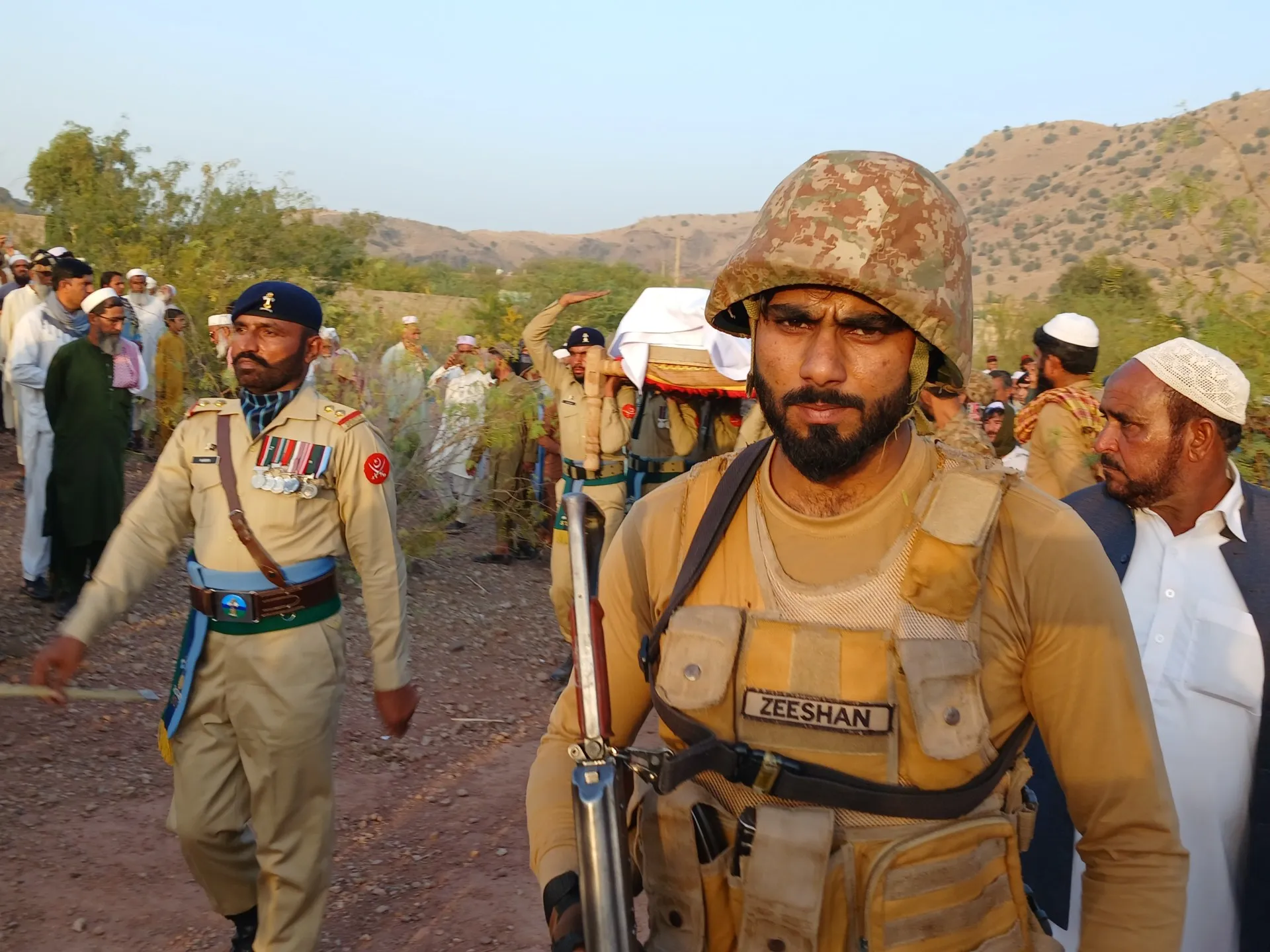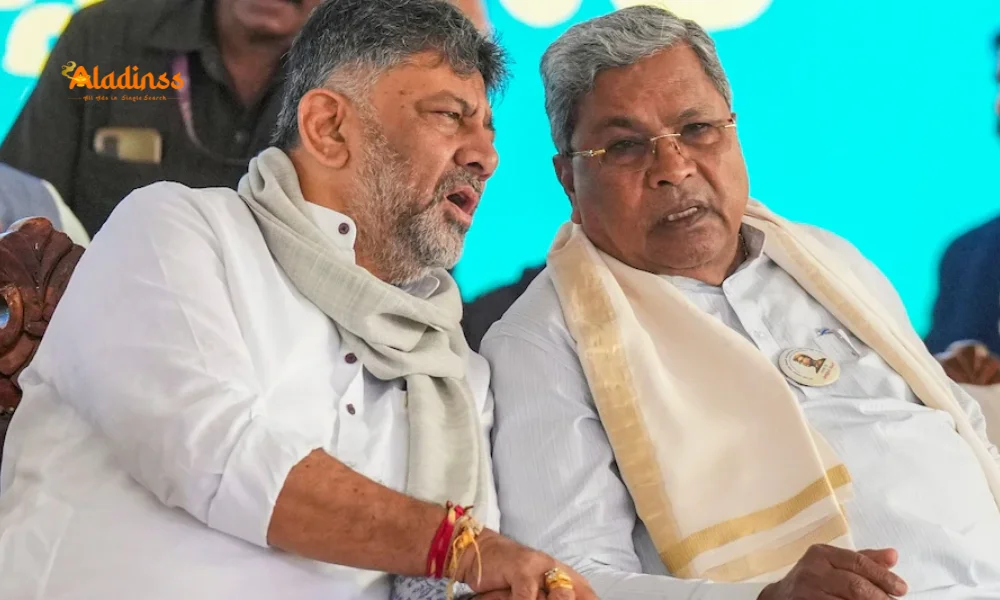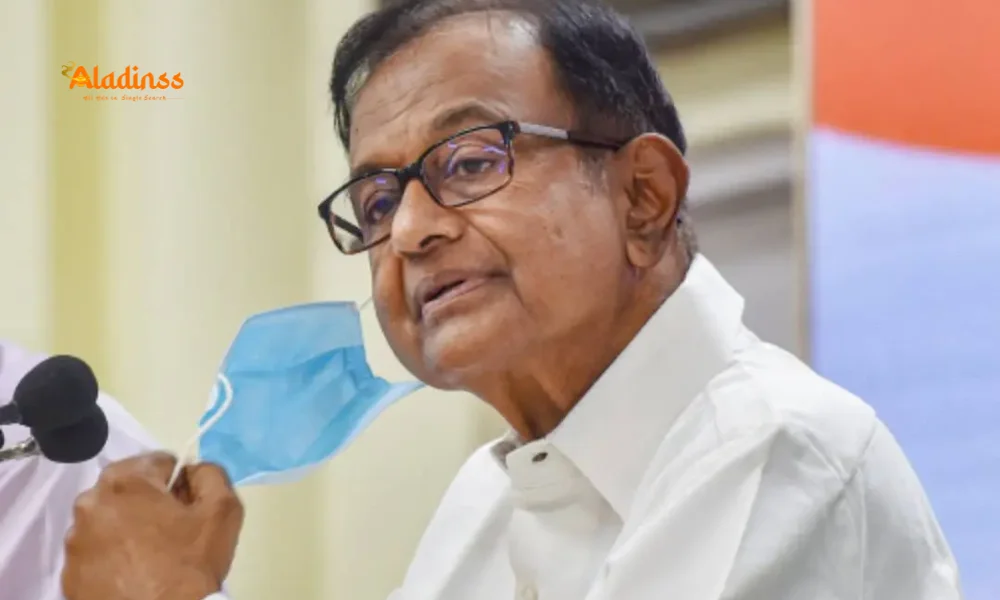India-Pakistan Tensions Rise as Taliban Refutes Pakistan’s Proxy War Accusation

Taliban Slams Pakistan’s ‘Proxy War for India’ Claim as Baseless
The Taliban government in Afghanistan has strongly rejected Pakistan’s allegations that it is waging a proxy war on behalf of India, labeling the claims as “baseless” and counterproductive. The rebuttal follows recent border clashes between Afghanistan and Pakistan, which resulted in dozens of casualties before a ceasefire was brokered on October 19, 2025. Afghanistan’s Defense Minister, Mawlawi Mohammad Yaqoob Mujahid, emphasized that Kabul’s relations with both India and Pakistan are driven solely by national interests, dismissing Pakistan’s accusations as an attempt to complicate bilateral ties.
The escalating tensions, sparked by explosions in Kabul on October 9, have highlighted the fragile relationship between the two neighboring nations. As investigations into the clashes continue, the Taliban’s response underscores its commitment to maintaining sovereignty and avoiding entanglement in regional power struggles.

Taliban Rejects Pakistan’s Proxy War Allegations
In a recent interview with Al Jazeera, Afghanistan’s Defense Minister, Mawlawi Mohammad Yaqoob Mujahid, son of Taliban founder Mullah Omar, categorically denied Pakistan’s claims that Afghanistan is acting as a proxy for India. “These accusations are baseless and not supported by reality,” Mujahid stated, emphasizing that Afghanistan has never allowed its territory to be used against another country. He stressed that Kabul’s foreign policy is guided by national interests, not external agendas, and called for constructive dialogue to resolve tensions.
Mujahid’s remarks came in response to Pakistan’s Defense Minister Khawaja Asif, who claimed that the Taliban government was facilitating a proxy war for India. The Taliban official warned that such accusations only exacerbate bilateral issues, stating, “These claims are not acceptable and will only complicate the issue rather than resolve them.” The rebuttal underscores Afghanistan’s intent to maintain autonomy in its foreign relations while addressing regional security concerns.
Recent Border Clashes and Ceasefire
The latest flare-up between Afghanistan and Pakistan began on October 9, 2025, following explosions in Kabul, which the Taliban attributed to Pakistan. In retaliation, Afghanistan launched a border offensive over the October 11-12 weekend, escalating tensions and resulting in casualties on both sides. Pakistan responded with strikes on October 17, targeting what it claimed were armed groups operating from Afghan territory with Taliban support—a charge Kabul firmly denies.
After a week of intense fighting, a 48-hour ceasefire was declared on October 15, followed by a second ceasefire on October 19, facilitated by Qatar and Turkiye in Doha. The agreements have temporarily halted hostilities, but underlying tensions remain, with both nations accusing each other of harboring militant groups. The ceasefire provides a window for diplomatic efforts to address the root causes of the conflict and prevent further escalation.
Roots of Afghanistan-Pakistan Tensions
The border clashes are rooted in longstanding disputes between Afghanistan and Pakistan, particularly over the Durand Line, a contentious colonial-era boundary that remains a source of friction. Pakistan has accused the Taliban of providing safe havens to groups like the Tehrik-i-Taliban Pakistan (TTP), which it claims launch attacks across the border. Afghanistan, in turn, has alleged that Pakistan supports insurgent activities within its territory, a claim that Islamabad rejects.
The recent accusations of a Taliban Pakistan proxy war add a new dimension to the conflict, with Pakistan suggesting that India is leveraging Afghanistan to destabilize the region. The Taliban’s swift denial reflects its sensitivity to being perceived as a proxy for any foreign power, particularly India, with which it maintains limited but pragmatic relations. The complex dynamics underscore the challenges of achieving stability in a region marked by competing geopolitical interests.
India’s Role in the Narrative
Pakistan’s claim of India’s involvement in the border clashes has introduced a regional power dynamic into the Afghanistan-Pakistan conflict. India’s growing engagement with the Taliban, primarily through humanitarian aid and diplomatic channels, has been viewed with suspicion by Islamabad. However, the Taliban’s defense minister clarified that Afghanistan’s ties with India are based on mutual interests, such as trade and development, and do not extend to military or proxy engagements.
India has not officially responded to Pakistan’s allegations, but the claims highlight the broader India-Pakistan rivalry, which often spills over into regional conflicts. The Taliban’s rejection of the proxy war narrative aims to distance itself from this rivalry, focusing instead on stabilizing its relations with both neighbors. This approach reflects Afghanistan’s delicate balancing act in navigating regional geopolitics while asserting its sovereignty.
Diplomatic Efforts and Ceasefire Mediation
The ceasefires on October 15 and 19 were the result of intensive diplomatic efforts led by Qatar and Turkiye, two nations with significant influence in the region. The Doha talks provided a platform for Afghanistan and Pakistan to de-escalate tensions and address mutual concerns. Both sides have expressed a willingness to continue dialogue, but the success of these efforts depends on resolving longstanding issues, including border security and cross-border militancy.
The mediation process has been praised as a step toward peace, but analysts warn that without addressing the root causes of the conflict, such as the Durand Line dispute and allegations of safe havens, ceasefires may remain temporary. The involvement of neutral mediators like Qatar and Turkiye underscores the international community’s interest in stabilizing the Afghanistan-Pakistan border, a region critical to global security.
Impact on Regional Stability
The border clashes and subsequent accusations have significant implications for regional stability. The Afghanistan-Pakistan border is a critical corridor for trade, migration, and security, and prolonged tensions could disrupt economic activities and exacerbate humanitarian challenges. The loss of lives in the recent clashes, including soldiers and civilians, has heightened public discontent in both nations, putting pressure on their governments to find a lasting resolution.
The Taliban’s rejection of Pakistan’s proxy war claims is an attempt to refocus the narrative on bilateral issues rather than external influences. By denying any role for India, the Taliban aims to prevent the conflict from being framed as a proxy battleground, which could draw in other regional powers and further complicate the situation.
Challenges in Afghanistan-Pakistan Relations
The Afghanistan-Pakistan relationship has long been fraught with mistrust, driven by historical disputes, security concerns, and differing regional alignments. Pakistan’s concerns about the TTP and other militant groups operating from Afghan soil have been a persistent issue, while Afghanistan accuses Pakistan of supporting insurgent activities within its borders. These mutual accusations have hindered efforts to build trust and cooperation.
The recent border clashes have exposed the fragility of this relationship, with both sides engaging in retaliatory actions that risk further escalation. The Taliban’s insistence on its independence and neutrality reflects its desire to avoid being drawn into broader geopolitical rivalries, but achieving this will require deft diplomacy and sustained engagement with Pakistan.
The Path Forward: Diplomacy and De-escalation
The ceasefire agreements mark a critical step toward de-escalation, but lasting peace will require both nations to address underlying grievances. Confidence-building measures, such as joint border patrols, intelligence sharing, and trade agreements, could help rebuild trust. The international community, particularly mediators like Qatar and Turkiye, will play a crucial role in facilitating dialogue and ensuring compliance with ceasefire terms.
For Afghanistan, maintaining its sovereignty while managing relations with powerful neighbors like Pakistan and India is a delicate balancing act. The Taliban’s rejection of the proxy war narrative is a strategic move to assert its independence, but it must back this stance with actions that demonstrate its commitment to regional stability.
Global Implications and Regional Dynamics
The Afghanistan-Pakistan border conflict has broader implications for South Asia, where regional powers like India, China, and Iran have vested interests. Pakistan’s accusations against India reflect its concerns about New Delhi’s growing influence in Afghanistan, particularly through development projects and diplomatic engagement. The Taliban’s denial of these claims aims to prevent the conflict from becoming a flashpoint in the India-Pakistan rivalry.
The international community, including the United Nations and regional organizations, has called for restraint and dialogue to prevent further escalation. The situation underscores the need for a coordinated approach to address security challenges in South Asia, where border disputes, militancy, and geopolitical rivalries continue to threaten stability.
Comment / Reply From
No comments yet. Be the first to comment!











